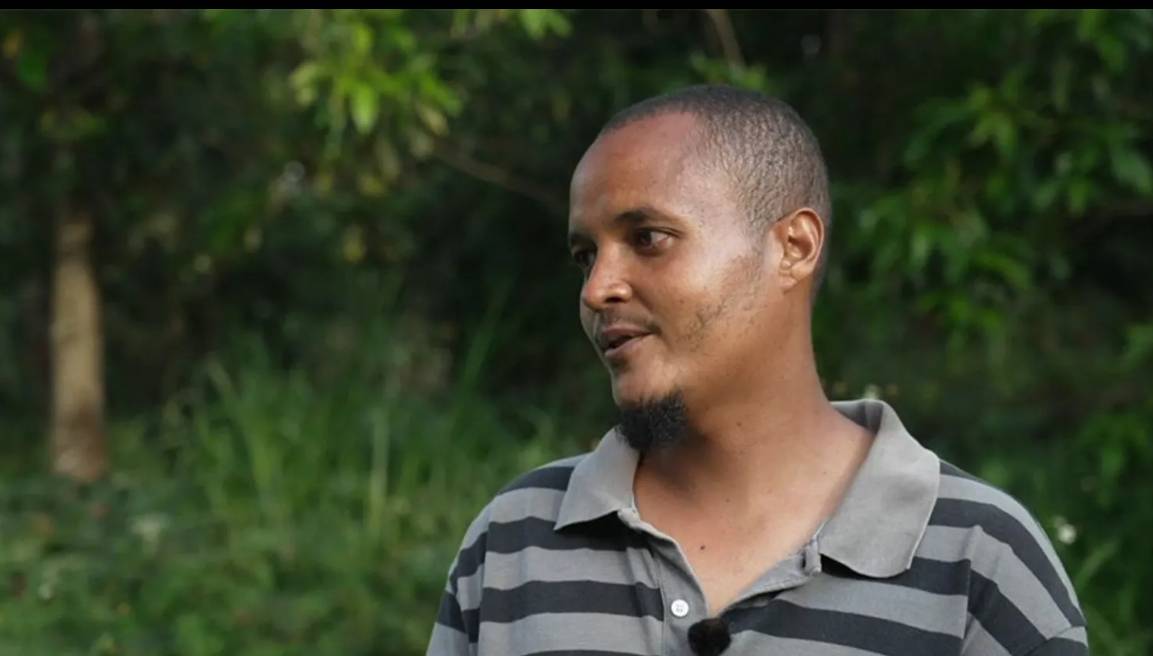In a historic legal victory, seven Kenyans have won a groundbreaking case at the Family Court in London, proving through DNA evidence that they were fathered by British men who served at a military base in Kenya. This landmark ruling marks the first time in UK legal history that paternity has been established using commercially available DNA databases, paving the way for the claimants to apply for British citizenship.
The seven individuals, all from the Nanyuki region of Kenya, were represented by British lawyer James Netto and geneticist Professor Denise Syndercombe Court, who spearheaded a unique project to uncover the truth about the children allegedly fathered by UK soldiers stationed at the British Army Training Unit in Kenya (BATUK). Six of the proven fathers were serving soldiers, while one worked as a civilian contractor at the base.
Using publicly accessible DNA databases, the legal team successfully matched the claimants to family members in the UK. This innovative approach provided conclusive evidence that could not be obtained through traditional channels, as many of the British fathers had long returned home, leaving no records behind.
DNA Breakthrough Brings Emotional Reunions
One of the claimants, 33-year-old chef Peter Wambugu, shared his emotional story with the BBC. Growing up, Peter was told by his mother that his father was a British soldier, but he never met him. “She told me he was a good man and that he would come back one day — but he never did,” Peter said.
Bullied throughout his childhood for being mixed-race, Peter said the years of pain and discrimination melted away when he finally reunited with his father, who was unaware he had a son. “All the pain I’ve been carrying for 30 years has turned into joy,” he told reporters.
Another claimant, who cannot be identified for legal reasons, said she only met her father once — at age four — before he disappeared from her life. She described the experience as “extremely difficult,” adding that she had always felt abandoned.
A Turning Point for Paternity Justice
Following the court’s decision, lawyer James Netto called the ruling a “powerful moment of justice.” He noted that for many of his clients, the verdict marked the end of an emotional and seemingly impossible journey. “Children who once only had questions now have answers,” he said.
Netto also revealed that dozens of other individuals in the Nanyuki region are believed to be in similar circumstances, many with little or no information about their fathers. The legal team is now preparing to pursue additional cases to ensure that more affected families can find closure and possibly gain citizenship rights.
Human rights campaigner Andrew Macleod, who was involved in the DNA initiative, urged the UK Ministry of Defence (MoD) to take greater responsibility for paternity claims linked to British servicemen. He expressed hope that the ruling would prompt the MoD to address these longstanding cases with compassion and accountability.
In response, the Ministry of Defence stated that “paternity claims against UK Service Personnel are a private life issue,” but confirmed it cooperates with local child support authorities when such claims arise.
A Legal and Social Milestone
This ruling represents a significant victory for justice and DNA-based paternity testing, highlighting how modern genetic technology can transform lives and uncover long-hidden truths. Beyond citizenship rights, the case has also reignited discussions about the ethical responsibilities of foreign military personnel stationed abroad.
For the seven Kenyans who fought for years to prove their identities, the verdict is more than a legal triumph — it’s the restoration of their stories, dignity, and hope for a better future.




No comments yet
Be the first to share your thoughts!